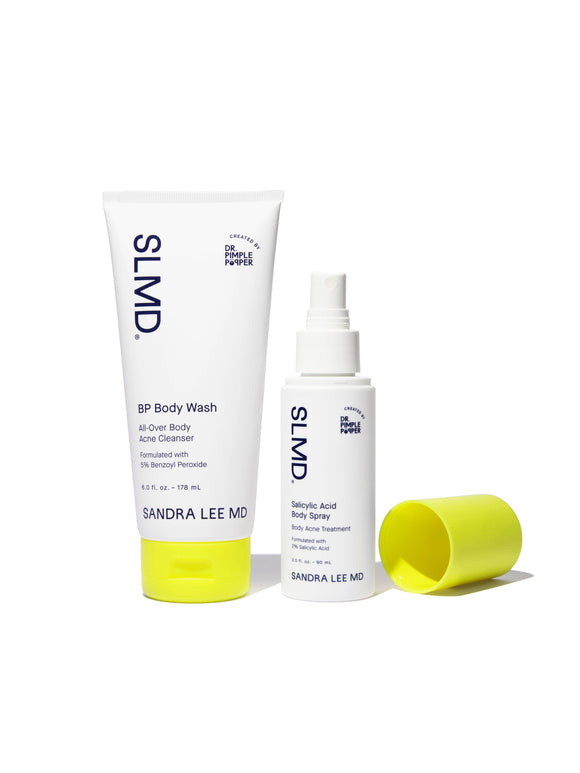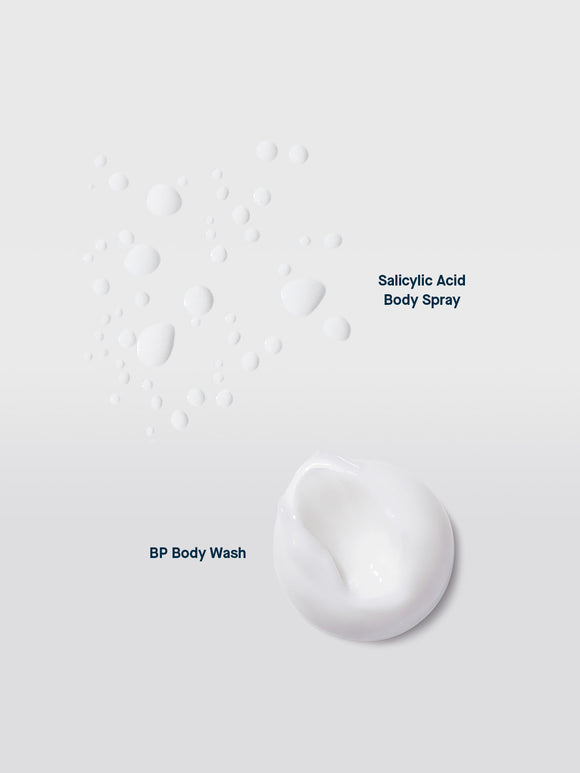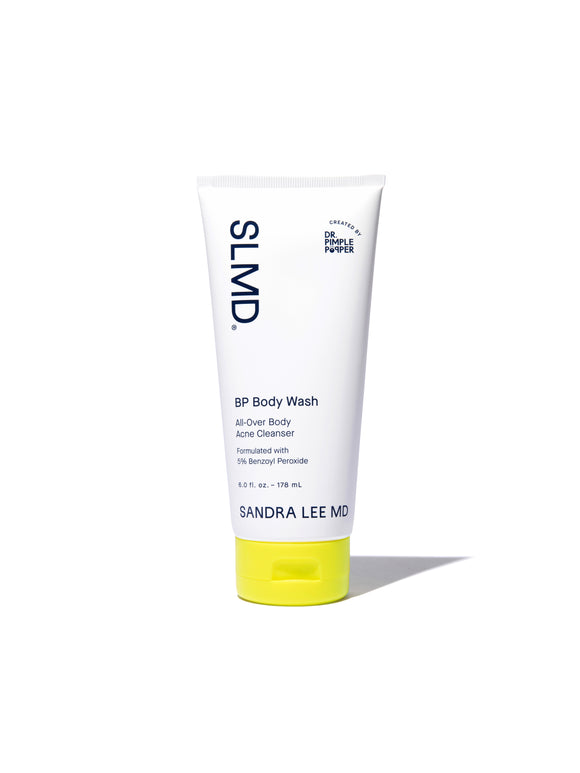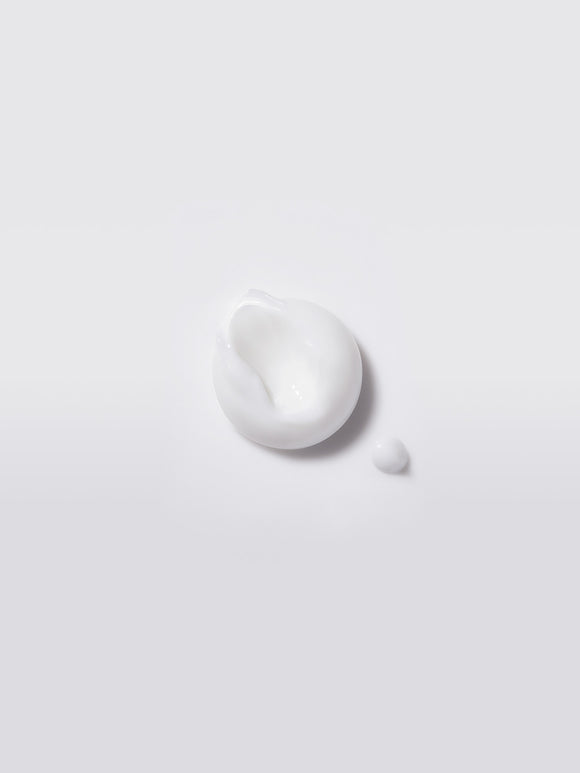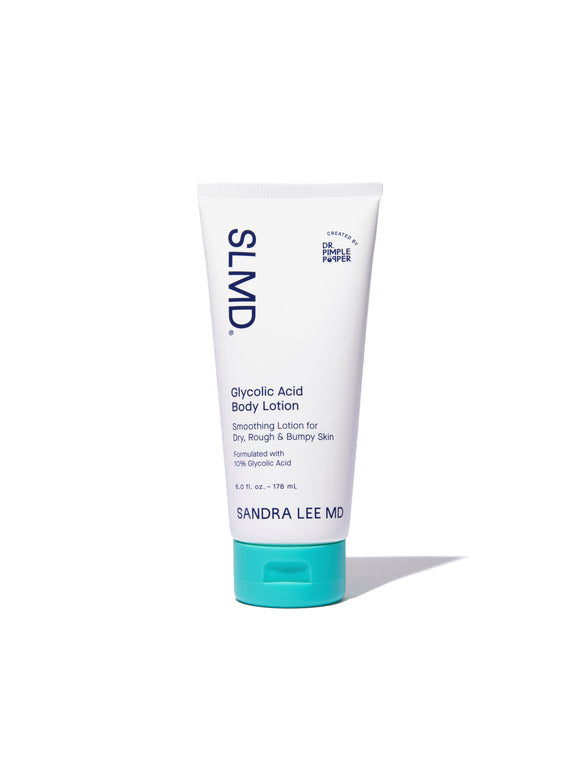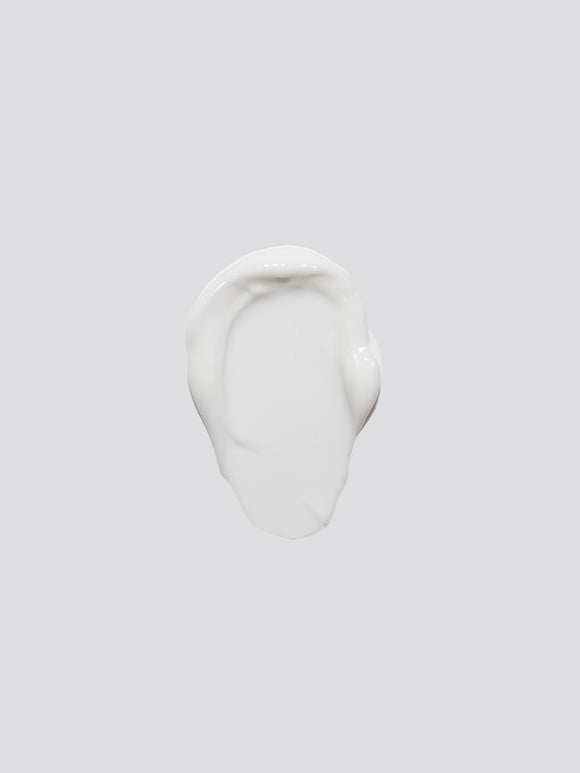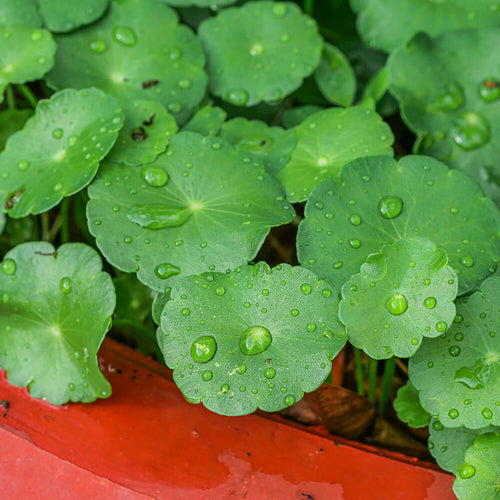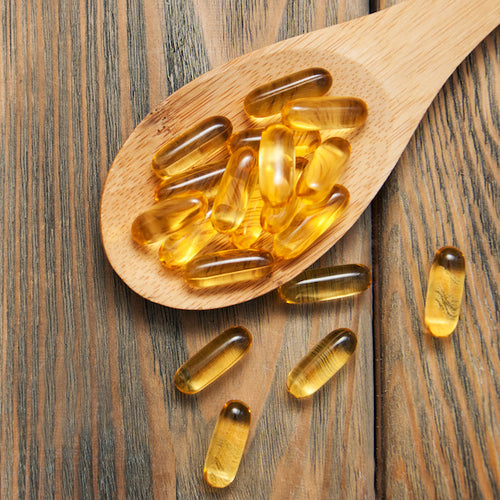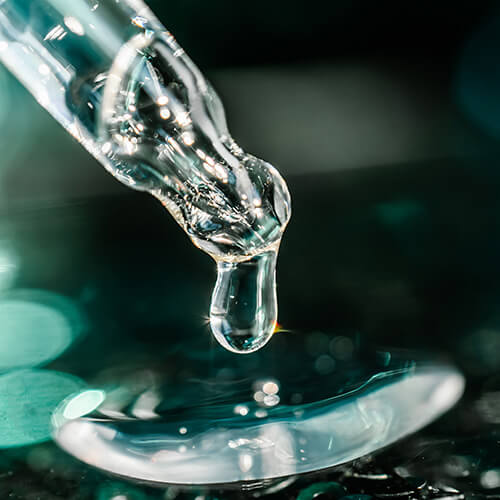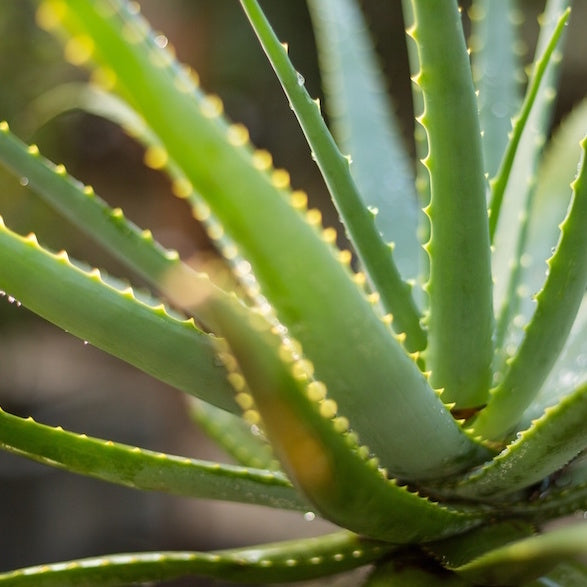
Ingredient Spotlight: Aloe Vera
Learn why this natural skincare wonder is way more than just a sunburn soother.Published:
5 minute read
We often think of aloe vera as just a go-to for soothing sunburns, but there’s much more to this incredible plant. To better explained how aloe vera has earned its reputation as a versatile skincare ingredient, we asked dermatologist and SLMD Skincare founder Sandra Lee, MD (aka Dr. Pimple Popper). From its ancient origins to its modern-day uses, aloe vera’s unique benefits make it a must-know addition to your skincare routine.
Article Quick Links
What is aloe vera?
Aloe vera (aka Aloe barbadensis miller), often called the “plant of immortality,” is a succulent that grows in dry climates and is part of the cactus family. The clear gel inside its spiny leaves has been used in skincare for centuries. While you can grow an aloe vera plant at home, commercial skincare products often incorporate aloe extracts to provide more convenience and consistent results.
According to Dr. Lee, “Aloe vera is a great addition to skincare formulations because it pairs well with other active ingredients, enhancing their effects while calming the skin.”
What makes aloe such a powerful skincare ingredient?
From Cleopatra's beauty routine to Columbus treating his soldiers' wounds, aloe vera's healing properties have been revered for centuries. “Aloe vera’s combination of vitamins, enzymes, and antioxidants work together," says Dr. Lee, "to deliver soothing, anti-inflammatory effects that benefit all skin types.” The high concentration of polysaccharides supports skin hydration, while enzymes like bradykinase help reduce inflammation when applied topically.
Aloe vera benefits for skin: hydration, anti-aging, and more
Aloe vera is a multitasking ingredient that offers a wide range of skin benefits. Here’s how it supports your skin:
Aloe vera for calming inflammation
Aloe’s anti-inflammatory properties make it ideal for treating sunburns, rashes, and minor burns. Studies also show it helps soothe inflammatory skin conditions like eczema and psoriasis, reducing redness and promoting healing. Dr. Lee notes, “It’s a great go-to for calming irritated skin, especially after exposure to sun or harsh elements.”
Aloe vera for hydration without greasiness
Unlike heavy moisturizers, aloe vera provides lightweight hydration, making it a favorite for acne-prone skin. Its gel texture absorbs quickly, delivering moisture without clogging pores—a key benefit for those struggling with breakouts. This hydrating effect makes it perfect for those looking to maintain moisture without adding excess oil.
Aloe vera for wound healing and skin repair
Aloe vera supports the regeneration of new skin cells, aiding in the repair of cuts, scrapes, and even acne lesions. “Aloe helps speed up the healing process thanks to compounds that stimulate cell growth,” explains Dr. Lee. Its natural compounds work to accelerate recovery and improve the overall appearance of the skin.
Aloe vera for anti-aging benefits
Aloe stimulates collagen production, helping to improve skin elasticity and reduce the appearance of fine lines and wrinkles. Its antioxidant properties protect the skin from free radical damage, which contributes to premature aging. This dual action makes it an ideal ingredient in anti-aging skincare routines.
How to use aloe vera in your skincare routine
Incorporating aloe vera into your skincare routine can be simple and effective, whether you’re using pure aloe gel or products formulated with aloe extracts. Dr. Pimple Popper recommends these approaches for maximizing aloe vera’s benefits:
- Post-sun exposure: Aloe vera is a go-to remedy for sunburns due to its cooling and soothing properties. You can apply pure aloe gel directly to sunburned areas or look for after-sun skincare products that feature aloe to help the skin recover faster.
- As a spot treatment: Aloe’s anti-inflammatory properties make it a great option for calming inflamed pimples. While you can dab pure aloe on blemishes to reduce redness, skincare products that combine aloe with acne-fighting ingredients offer additional benefits for managing breakouts.
- Layering with other products: Aloe vera pairs well with serums and moisturizers, enhancing hydration and providing an extra layer of soothing relief, especially after exfoliation. Look for skincare products that include aloe as a key ingredient to help balance your routine while taking advantage of its gentle, calming effects.
What’s the difference between aloe vera extract and pure aloe gel?
While pure aloe gel from the plant offers the highest concentration of active compounds, commercial products with aloe extracts are formulated to enhance efficacy and safety. Dr. Pimple Popper advises, “Skincare products often combine aloe vera with other ingredients that work together to provide multiple benefits, like moisturization, acne treatment, or anti-aging effects.” However, she recommends selecting products without unnecessary additives like artificial fragrances, which can irritate sensitive skin.
Who benefits from aloe vera in skincare?
Aloe vera is versatile and works well for all skin types, including oily, dry, and sensitive skin. Its lightweight hydration makes it especially beneficial for those with acne-prone skin, as it won’t clog pores or cause breakouts. It complements active ingredients by soothing the skin and reducing redness.
For those concerned about allergies, Dr. Lee suggests patch-testing any new product to ensure your skin reacts positively, especially if you have highly sensitive skin.
Dr. Pimple Popper answers frequently asked questions about aloe vera
Q: Is aloe vera good for acne-prone skin?
A: Yes, aloe vera’s anti-inflammatory and antibacterial properties make it an excellent choice for acne-prone skin, helping to soothe irritation and reduce breakouts without clogging pores.
Q: Can aloe vera help with wrinkles?
A: Aloe vera stimulates collagen production and provides antioxidant protection, making it beneficial for reducing the appearance of fine lines and improving skin elasticity.
Q: How often should I use aloe vera on my skin?
A: Aloe vera can be used daily, depending on your skin’s needs. It’s gentle enough for regular use, whether applied directly to the skin or as part of a formulated product.
Q: Can I use aloe vera alongside other skincare ingredients?
A: Aloe vera works well with many other ingredients, including retinol, hyaluronic acid, and vitamin C. It often enhances the efficacy of these products by adding a soothing, hydrating component.
Aloe vera is a truly multifunctional skincare ingredient that addresses a wide range of skin concerns, from hydration to healing. Whether used in commercial products or straight from the plant, aloe vera offers a natural, effective way to support healthy, resilient skin.

Dr. Lee's Last Word
Aloe vera is one of those ingredients that truly stands the test of time. Its ability to soothe, hydrate, and support skin healing makes it a skincare staple for all skin types.





